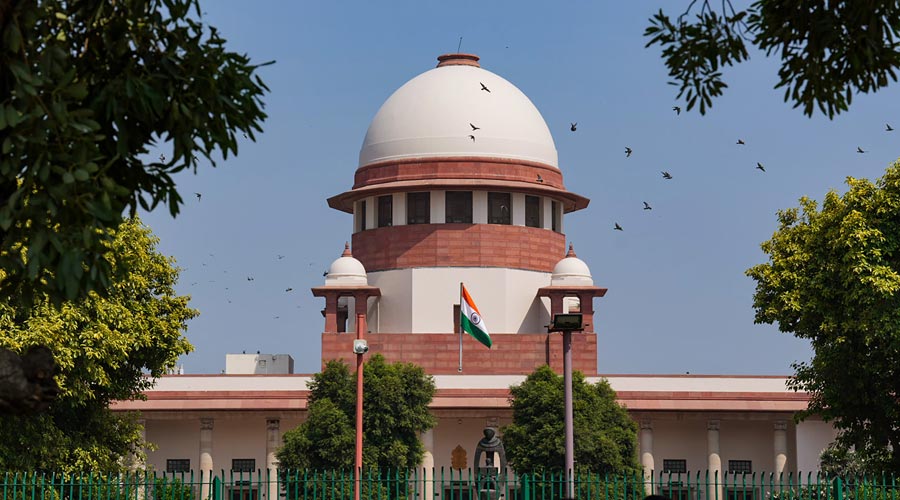New Delhi: The Supreme Court has proposed the formation of an expert committee to conduct a comprehensive study on the carrying capacity of the Himalayan region in India. Carrying capacity refers to the maximum sustainable population an ecosystem can support without degradation.
The initiative comes in response to the adverse impacts of unplanned development in the area. The Chief Justice D Y Chandrachud-led bench heard a petition seeking an evaluation of the carrying capacity and master plans for the Indian Himalayan Region, spanning 13 states and union territories.
The petitioner, Ashok Kumar Raghav, emphasized the urgent need for an in-depth study by expert institutions, given the ongoing devastation observed in the Himalayan region. The bench suggested involving several institutions to nominate representatives for the committee to conduct the study. It urged the petitioner’s counsel to propose the expert institutions and outline the terms of reference.
The bench acknowledged the significance of the issue and affirmed its commitment to forming the committee. The petitioner’s counsel referenced a past “carrying capacity template” developed by the government. The National Green Tribunal also highlighted the existence of such a template in its order. The Centre had communicated with states and union territories to take action based on this template.
The bench expressed the necessity for a comprehensive study, allowing three to four months for expert institutions to devise substantial carrying capacity tools for the Himalayan region. The plea has named 16 respondents, including 13 states. The court intends to request these states to respond to the proposed template within a specified timeframe.
The petition emphasizes the lack of carrying capacity studies, resulting in geological hazards such as landslides and environmental damage. Various hill stations, pilgrimage sites, and tourism destinations across Himachal Pradesh face strain due to the absence of carrying capacity assessments.
The next hearing in the case is scheduled for August 28th.




Comments are closed.